Alzheimer’s disease is devastating and debilitating which affects the neurological system and it causes memory loss, forgetfulness, and behavioral changes.
It can lead to other complications as well. It affects mostly seniors but rarely it can have an impact on those who are middle-aged. It is difficult for the patient who suffers from it, and it is difficult for the caregiver caring for the patient.
However, the good news is, thanks to many medical advancements, there are 15 Alzheimer’s breakthroughs that give plenty of hope for the future. Let’s go over them right now.
#15 – Modifying Drugs For The Disease

There have been many tests and trials for drugs that can treat Alzheimer’s. However, a drug called Aducanumab has properties that can help slow the decline of cognitive abilities in patients. In fact, this is the first drug that targets the disease that is underlying. Another drug called BAN2041 is also being tested as it appears to be promising for treatment as well.
#14 – New Research Is Conducted Daily

The mystery behind the cause of Alzheimer’s is slowly being unraveled and this helps researchers only find new ways to treat the disease effectively. With the advancement of technology, this is made to be possible.
#13 – A New Medication Is In The Works For Psychotic Symptoms

Many drugs have been used to treat cognitive decline symptoms of the disease which has helped with memory as well as reasoning. However, what is needed is a drug for psychotic symptoms. And using drugs to treat patients with schizophrenia is not safe. A drug however called Pimavanserin which treats Parkinson’s that is an antipsychotic drug is also approved to treat those who have Alzheimer’s.
#12 – Inhaled Insulin May Help

A recent study had found that those who are mildly affected by the disease can benefit from inhaled insulin. The cognitive decline had lessened. However, there still needs more research conducted on this.
#11 – Blood Tests Could Detect Alzheimer’s.
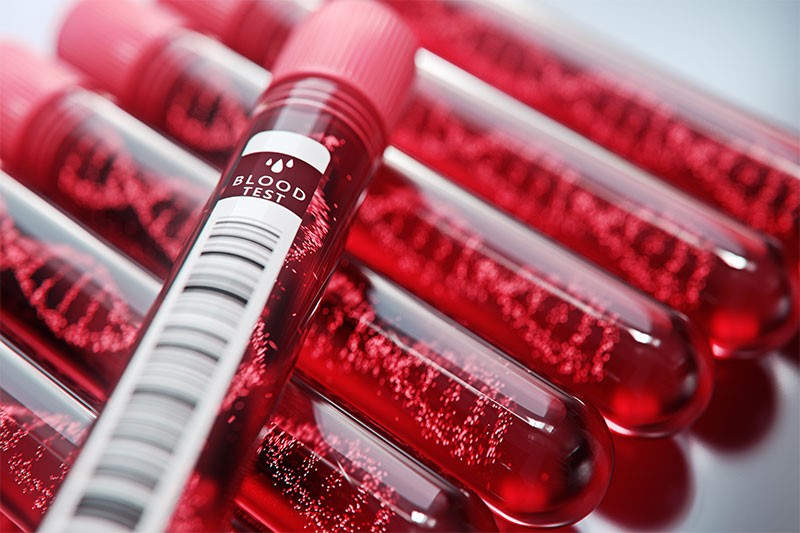
In the past, there was no way to detect Alzheimer’s through blood work, and that is still even the case. However, researchers are finding that there could be some biomarkers that can be detected. And if the disease is detected by measuring the presence of these biomarkers, which are proteins from the brain, then early treatment can be implemented.
#10 – Lifestyle Changes Shows Benefits

Even though lifestyle changes for patients with Alzheimer’s cannot be the thing that will cure the disease, it has been found that they are beneficial for those who have the condition. It is as simple as eating wholesome foods, getting exercise, not smoking, only sticking to one glass of wine a day, and staying connected with others. That has been helpful.
#9 – Maintaining Good Blood Pressure Helps

Blood pressure has been found to have a connection to the disease. If keeping blood pressure at 120/80 can be done, this has been found to help reduce the severity of the disease and to slow the effects of it.
#8 – Examining The Possibility Of Herpes
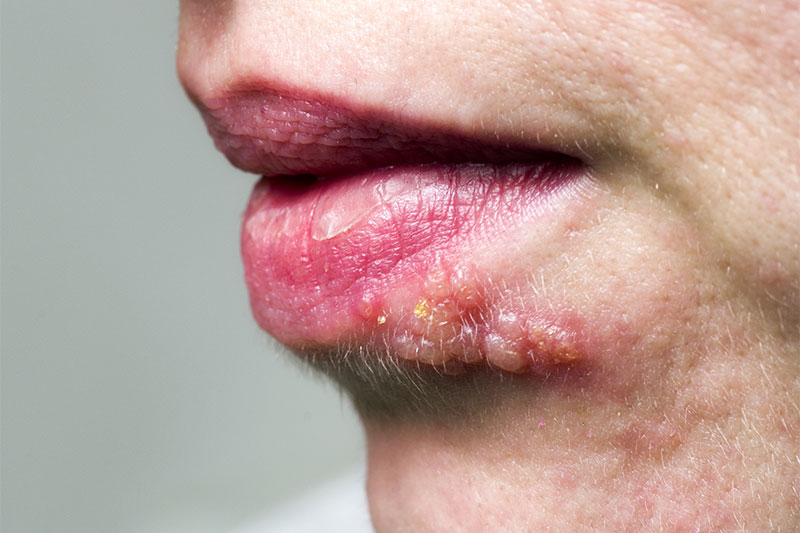
It is a strong possibility that herpes can be linked to Alzheimer’s. Therefore, antiviral drugs such as Valtrex has been found to be helpful to women with herpes that have mild Alzheimer’s.
#7 – Understanding Genetics

It has been found through recent studies that there are 11 sex-linked genes that are associated with Alzheimer’s. This way, younger people can find out if they are genetically predisposed to the disease. Knowledge is power and through lifestyle changes, they may not be able to prevent it from happening but can decrease the severity – and get treated early as well.
#6 – PET Tracer For Detection
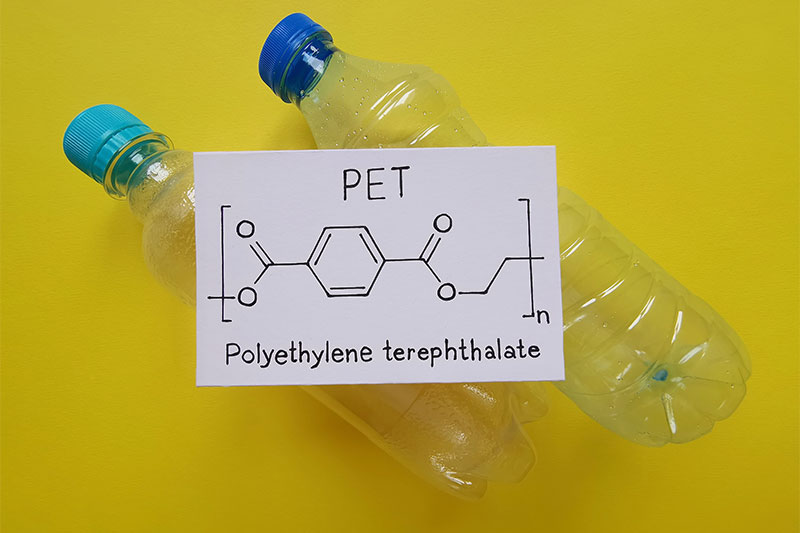
One way to diagnose Alzheimer’s is to find if there are markers on the brain. And the PET tracer will be able to detect those markers which can help with the diagnosis. This is important as knowing what type of markers are on the brain can help with the development of new drugs.
#5 – New Tests Are On The Rise To Catch It Early
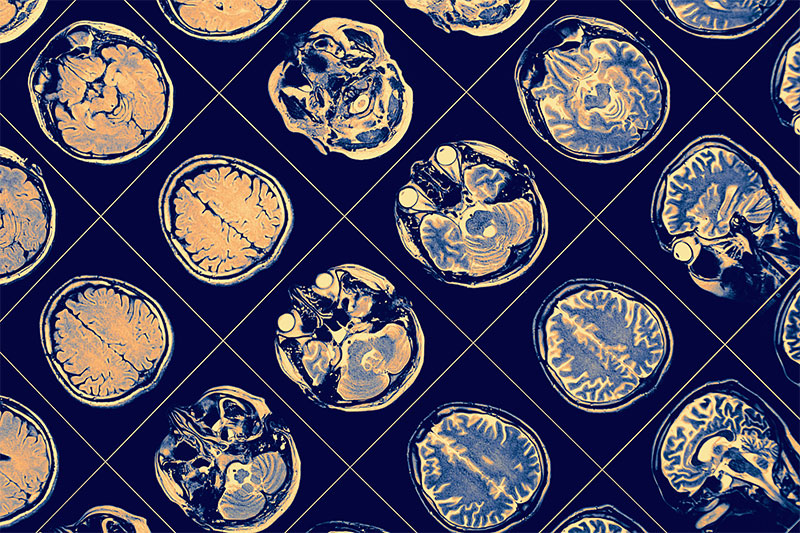
The only available tests to detect the early onset of Alzheimer’s are invasive such as getting samples of cerebrospinal fluids. Fortunately, blood work is being developed for the detection of the disease early on which is far less invasive.
#4 – A Vaccine Is In The Works

An anti-Alzheimer’s vaccine is under development. The purpose of this vaccine is to have the body attack amyloid beta protein clumps that are in the brain which is the biggest contributor to Alzheimer’s. This development will take a long time to come out but it is in the works.
#3 – The Combination Of Two FDA Approved Drugs Is Hopeful
The blood-brain barrier needs to be protected which is why the drugs Losartan and Memantine administered together could help prevent the disease from happening. More studies need to be conducted on this before it is rolled out.
#2 – A Chatbox Clara Can Help With Early Detection

At the Hadassah Hebrew University Medical Center in Jerusalem, studies have found that a chatbox called Clara can help with early detection of the disease. Clara asks the patients about themselves as well as the places they have been to, as well as their relationships with others, as well as events. Data is taken in and this is how a diagnosis can be made.
#1 – A Link Between Bedsores And Alzheimers Has Been Found
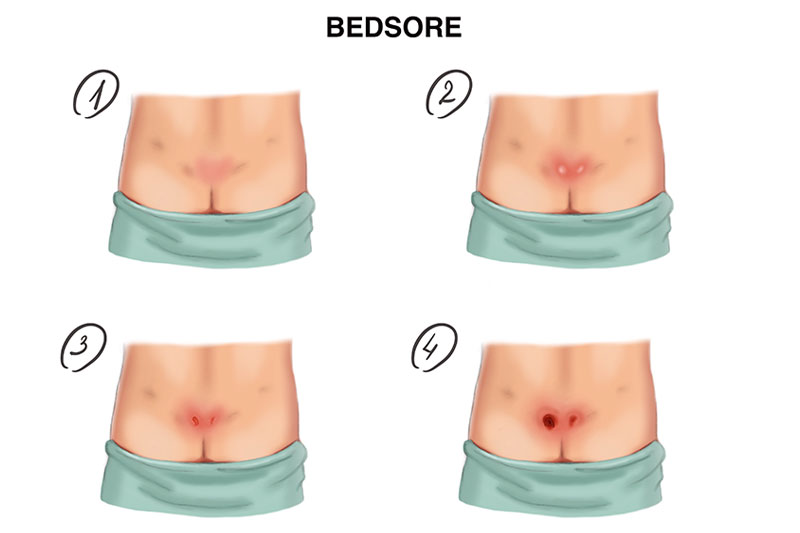
Studies have shown that those who are prone to developing bedsores may be more likely to develop Alzheimer’s. The changes that are abnormal in the brain can also link to other abnormal changes happening in other parts of the body. This also is another avenue to finding treatment.
Now with these breakthroughs happening, over the next several decades, Alzheimer’s will be much easier to detect and to manage. There is still more work to be done.


